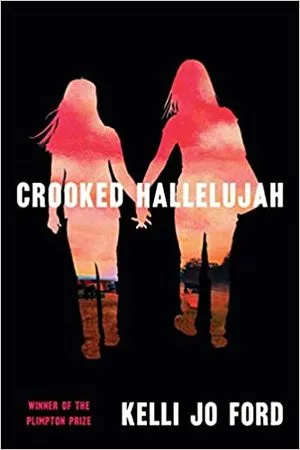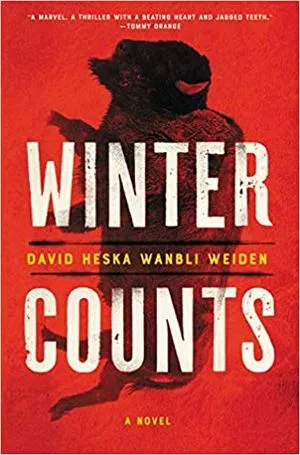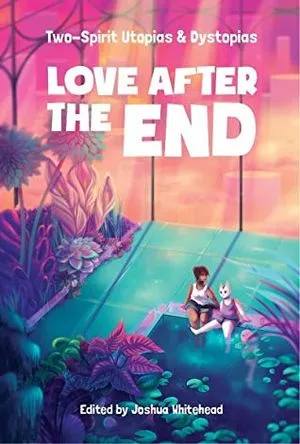
15 Popular Indigenous Books from 2020
2020 was a long year, but it was also a prolific year for the writing community. For Indigenous books, 2020 marked a boom of popular releases. As we tune in to watch Trickster, based on Eden Robinson’s Son of a Trickster novel, let’s explore some of the most popular 2020 Indigenous books!
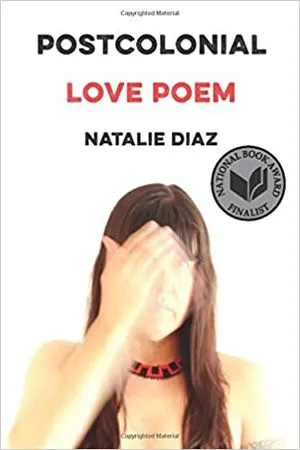
Postcolonial Love Poem by Natalie Diaz
This poetry collection is Diaz’s highly anticipated follow-up to her previous work, When My Brother Was an Aztec. This new collection transforms the wounds of colonialism into a lyrical landscape. However, Diaz does not dodge around how bodies of Indigenous women are diminished and erased. Through her poetry, Diaz calls for all bodies (from the bodies of rivers to the bodies of friends and enemies) to be treated with loving reverence.

Spirit Run: A 6,000-Mile Marathon Through North America’s Stolen Land by Noé Álvarez
A New York Times Book Review Editors’ Choice, Spirit Run documents the author’s experience with a First Nations movement called the Peace and Dignity Journeys. Noé Álvarez joined a group of marathon runners who, like himself, were all fleeing their own difficult beginnings. Through journeying across mountains, deserts, and cities, and through the Mexican territory his family hails from, Álvarez forms new relationships with running, the land, and his own heritage.
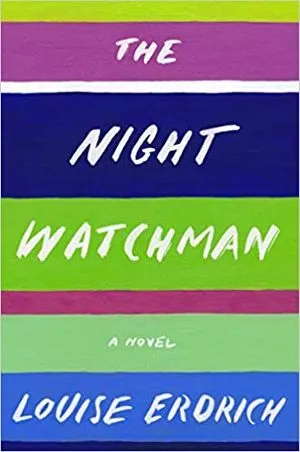
The Night Watchman by Louise Erdrich
This book has won several awards, including being a New York Times Best Seller, the Amazon Best Book of 2020, the Washington Post Best Book of 2020, and more.
Based on the life of the author’s grandfather, the novel stars Thomas Wazhashk, the night watchman at a jewel bearing plant in North Dakota in 1953. The book unfolds around the “emancipation” bill, in which the government was attempting to terminate treaties with the Indigenous peoples and threaten their livelihoods. However, the story explores the individual lives of the characters with tenderness, elegance, and sly humour. Erdrich crafted an exquisite world where the characters grapple with the best and the worst of human nature.
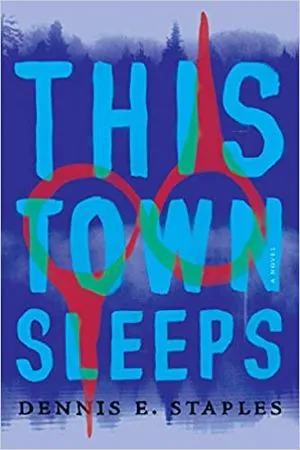
This Town Sleeps by Dennis E. Staples
This Town Sleeps is a tale that winds elegance, grit, queer romance, and the supernatural all into one. Marion Lafournier, a mid-20s Ojibwe gay man, begins a relationship with a closeted white man, and not long afterwards he summons the spirit of a dog who sets him on the path of solving a murder. While unravelling the mysteries of the present, he is also forced to entangle his own relationship with his family heritage and his culture.
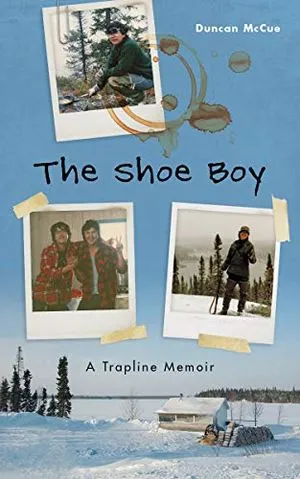
The Shoe Boy by Duncan McCue
In this memoir, Anishinaabe author Duncan McCue takes us on a journey to Northern Quebec. When he was 17, he moved from the south to join a James Bay Cree family in a one-room hunting cabin in the isolated wilderness. The Shoe Boy is a contemplative coming-of-age novel. Through this story of transformation, he reflects on his own identity, the relationship that indigenous peoples have with the land, and the challenges that urban indigenous people face.
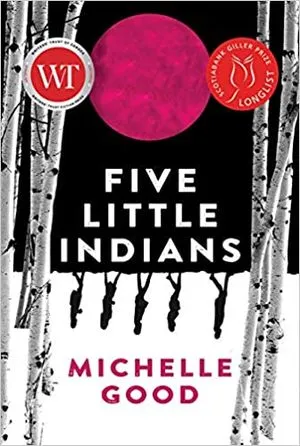
Five Little Indians by Michelle Good
The tragedy of residential schools continues to impact the lives of Indigenous people today. Michelle Good’s novel explores the aftermath of this trauma.
After being released from residential school, the five protagonists have hardly any life skills to speak of. They soon find their way to the seedy Downtown Eastside of Vancouver. The five of them each take a different route through their adult lives, from joining the American Indian movement, to struggling with addiction, to motherhood. The heroes are forced to come to terms with their past and are ultimately able to find their way to the future.
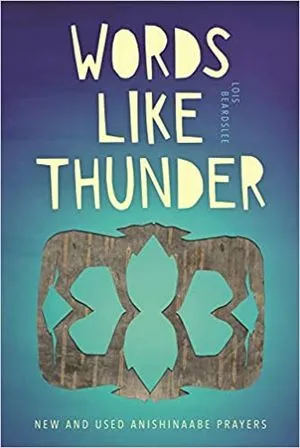
Words Like Thunder: New and Used Anishinaabe Prayers by Lois Beardslee
Although Lois Beardslee’s book of poetry focuses on peoples of the Great Lakes area, much of her work is universally applicable to Indigenous peoples across the world. Words Like Thunder explores contemporary topics such as climate change, and also transforms the mundane into the sacred.
The core of Beardslee’s work is inherent love towards Indigenous peoples. She emphasizes that Indigenous people are competent, wonderful, and worthy. Words Like Thunder is unapologetic and a celebration of her identity as a woman of colour.
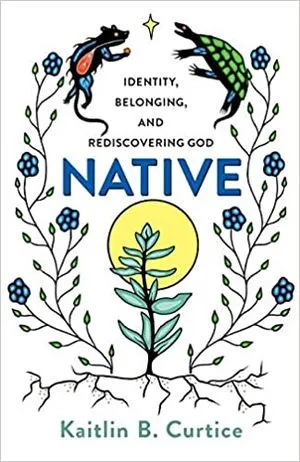
Native: Identity, Belonging, and Rediscovering God by Kaitlin B. Curtice
While Indigenous peoples have suffered at the hands of church-run residential schools, many First Nations people identify as Christian, today. As both a citizen of the Potawatomi Nation and a Christian, author Kaitlin Curtice has a unique perspective on her culture and on her faith.
Native connects Curtice’s faith with her heritage in a positive way. Through poetry and imagery, she reveals how her faith and cultural identity are intertwined. Ultimately, she encourages listening to each others’ stories and embracing a diverse future.
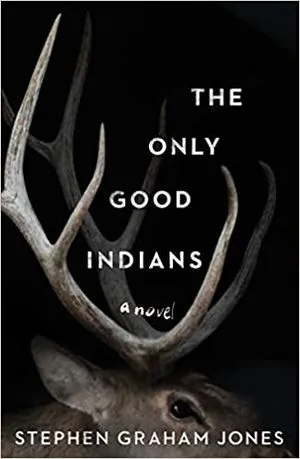
The Only Good Indians by Stephen Graham Jones
The Only Good Indians is a USA Today bestseller.
The novel features four Indigenous men who were once childhood best friends. After a disturbing event from their youth comes back to haunt them, an entity bent on revenge forces them to flee for their lives. Simultaneously blending classic horror and social commentary, this novel is a spine-tingler that also reveals the cost of breaking traditions.
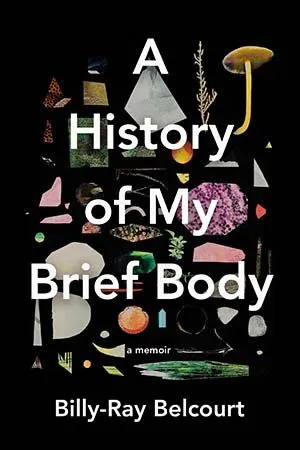
A History of My Brief Body by Billy-Ray Belcourt
A History of My Brief Body is a brilliant book of essays on grief, colonial violence, joy, love, and queerness. Billy-Ray Belcourt digs into his own past for this collection and the world he inhabits in all its contradictions. He invites us to unpack colonialism and the joy that flourishes in spite of it, first loves, loves lost, intimacy, sexuality, and the power of writing.
Belcourt situates his life amongst a landscape of queer texts. Simultaneously emotional and eye-opening, this book is definitely a must-read.
Crooked Hallelujah by Kelli Jo Ford
Crooked Hallelujah follows the relationship between a mixed-blood Cherokee woman and her daughter. In the 1980s, Justine moves from Oklahoma to Texas with her daughter Reney. However, life in Texas isn’t easy. Reney feels lost from her family. They are up against it all, from unreliable men, to wildfires and tornadoes. They must struggle to survive in a world that tries to strip them of their connections. Despite it all, this is a story of love between a mother and her daughter.
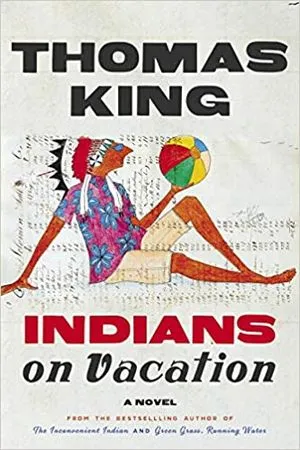
Indians on Vacation by Thomas King
Since Medicine River hit the shelves in 1990, Thomas King has been an author to watch out for in the world of Indigenous books.
In this novel, married protagonists Bird and Mimi attempt to trace Mimi’s long-lost uncle. Following a trail of postcards left by Uncle Leroy, Bird and Mimi take a jaunt through Europe to find him and his missing medicine bag. King’s book is delightfully postmodern and wonderfully funny. Moreover, it blends emotional awareness into the sardonic humour, revealing the positive and negative layers behind it.
Winter Counts by David Heska Wanbli Weiden
This thriller novel follows Virgil Wounded Horse, a local enforcer on the Rosebud Indian Reservation in South Dakota. When heroin makes its way into town and into the life of his nephew, the issue becomes personal. Virgil enlists the help of his ex-girlfriend to track down where the drugs are coming from and, more importantly, figure out how to stop them.
Winter Counts is a twisting and turning crime fiction in which the hero is forced to confront his own Indigenous identity.
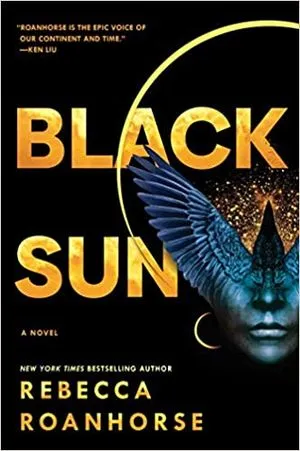
Black Sun by Rebecca Roanhorse
Inspired by the world of the pre-Columbian Americas, Black Sun is the first book of the Between Earth and Sky trilogy.
A ship launches for the holy city of Tova and arrives on the day of a solar eclipse. The captain is Xiala, an outcast whose voice can calm the waters and warp the mind. Her ship only carries one passenger. Although described as “harmless”, Xiala does not trust the blind and scarred man aboard. Soon, she learns that her instincts were correct.
A rich world with unforgettable characters, Rebecca Roanhorse crafted a fantastic epic adventure.
Love After The End Edited by Joshua Whitehead
Last on our list is Love After the End: Two-Spirit Utopias and Dystopias. Editor Joshua Whitehead, best known for his debut novel Johnny Appleseed, brings together a fantastic fiction anthology. Featuring everything from virtual realities to trees in space, the reader will be transported to worlds unlike any other. These queer Indigenous authors explore how their communities could survive and thrive in these Utopian scenarios. Additionally, they showcase the strength and vibrancy of the Two-Spirit and queer Indigenous peoples.


